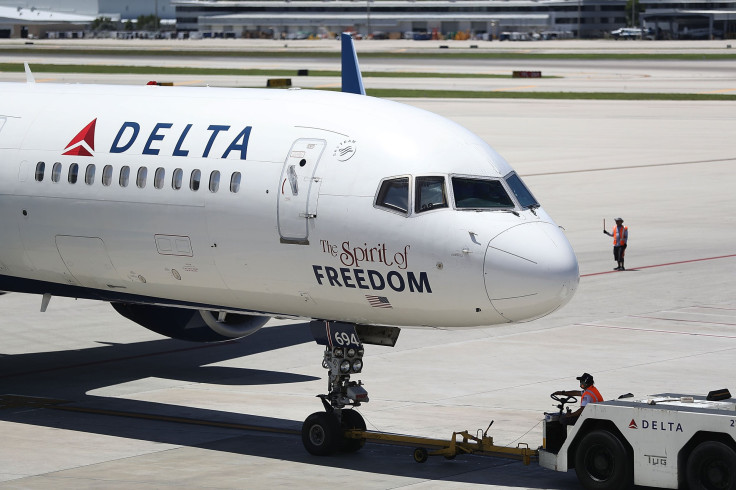Why Delta Air Lines Shares Lost Altitude In July
Shares of Delta Air Lines (NYSE:DAL) lost 11% in July, according to data provided by S&P Global Market Intelligence, as investors grappled with continued uncertainty surrounding air travel during the COVID-19 pandemic. A recovery is going to take a long time, and most investors have decided to wait it out on the sidelines.
So what
We went into earnings season expecting airlines to post ugly second-quarter numbers, and the industry did not surprise. On July 14 Delta reported it lost $4.43 per share on sales of just $1.2 billion, even worse than the $4.12 per share loss on revenue of $1.4 billion that had been expected.
Given the extent to which COVID-19 had disrupted air travel, the estimates were little more than a shot in the dark, and Delta made it clear it doesn't expect conditions to improve much for the rest of the year. Delta is making progress bringing down cash burn, reporting average daily burn of $27 million in June, down from $43 million average daily burn for the entire quarter. The company had $15.7 billion in total liquidity as of June 30.
The stock drifted downward following the earnings release, but the sell-off really accelerated late in the month as COVID-19 cases increased and pessimism about the health of the overall economy grew. After a brief period of optimism early in the summer as states began to reopen and airlines started adding flights, it now appears airlines are more likely to shrink than to grow for the rest of 2020.
Overall, Delta expects third-quarter seats available for sale to come in at about 20% to 25% of last year's level. And the airline says it believes it will be "two years or more" before there is a sustained recovery.
Delta posted a reminder that the recovery would be slow on the last day of the month, announcing it would add fewer flights in August than it originally intended.
Now what
Delta is without doubt full of risk and will need a while to regain altitude. But the stock, off 56% year to date and trading at less than 0.5 times more normalized annual sales, is cheap. And assuming the airline makes it through the pandemic without needing to reorganize in bankruptcy, I believe those buying in today will end up with outsized returns in the years to come.
Given the risks, Delta should not be a large part of anyone's retirement portfolio, but for those looking for high-risk, high-reward stocks and who don't mind some turbulence along the way, Delta is one to keep on the radar.
This article originally appeared in the Motley Fool.
Lou Whiteman owns shares of Delta Air Lines. The Motley Fool recommends Delta Air Lines. The Motley Fool has a disclosure policy.












